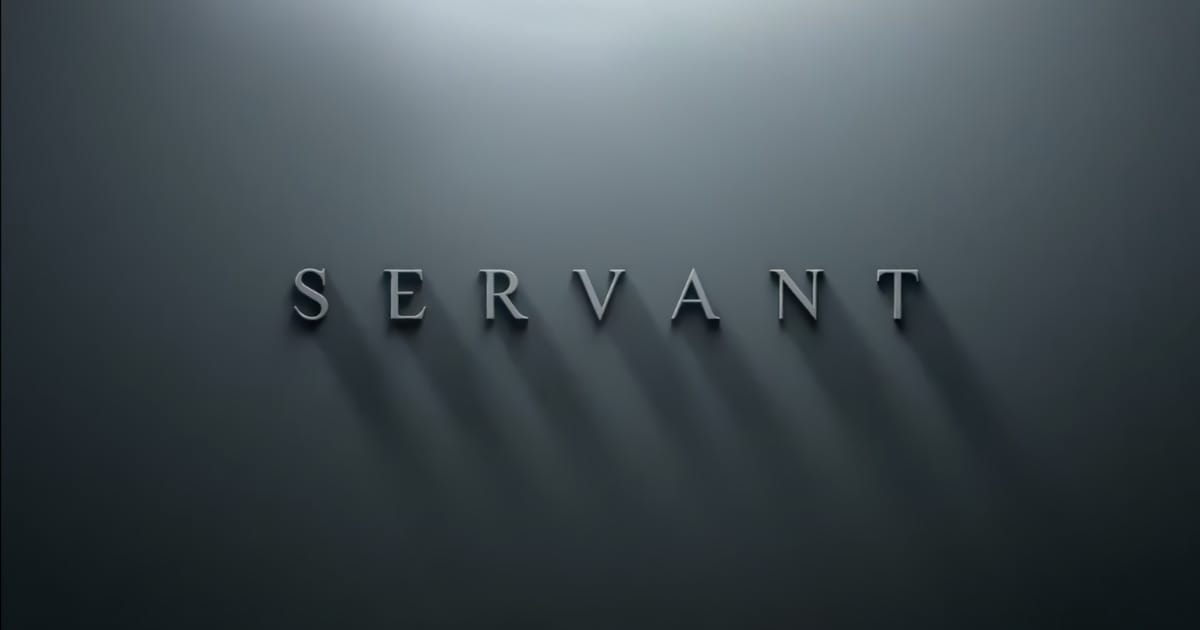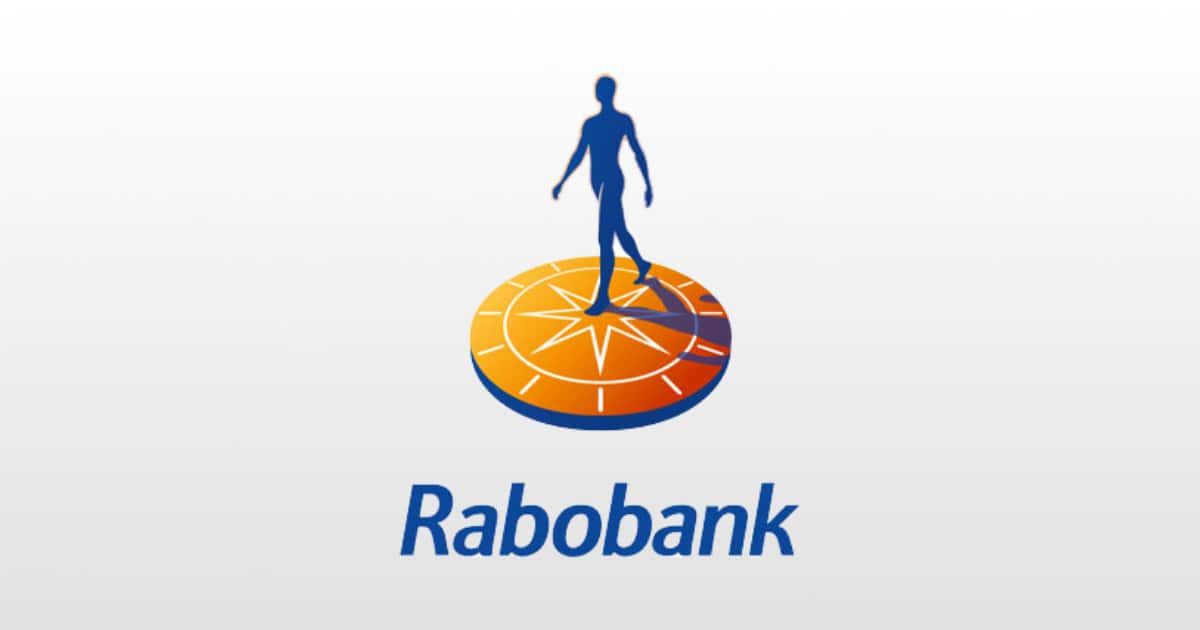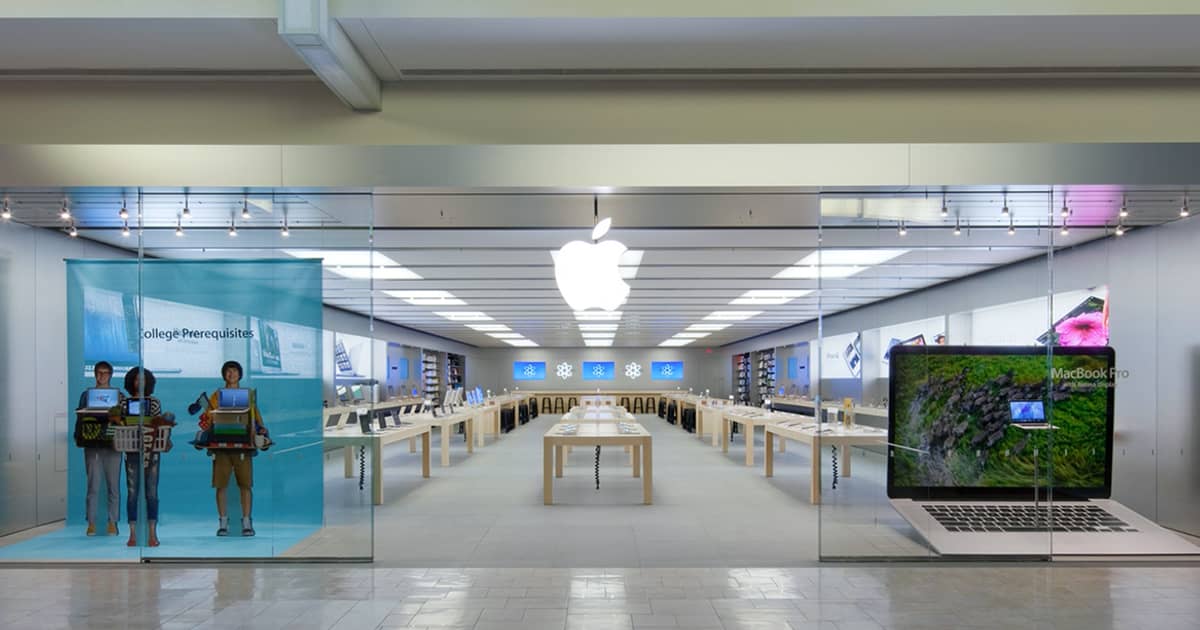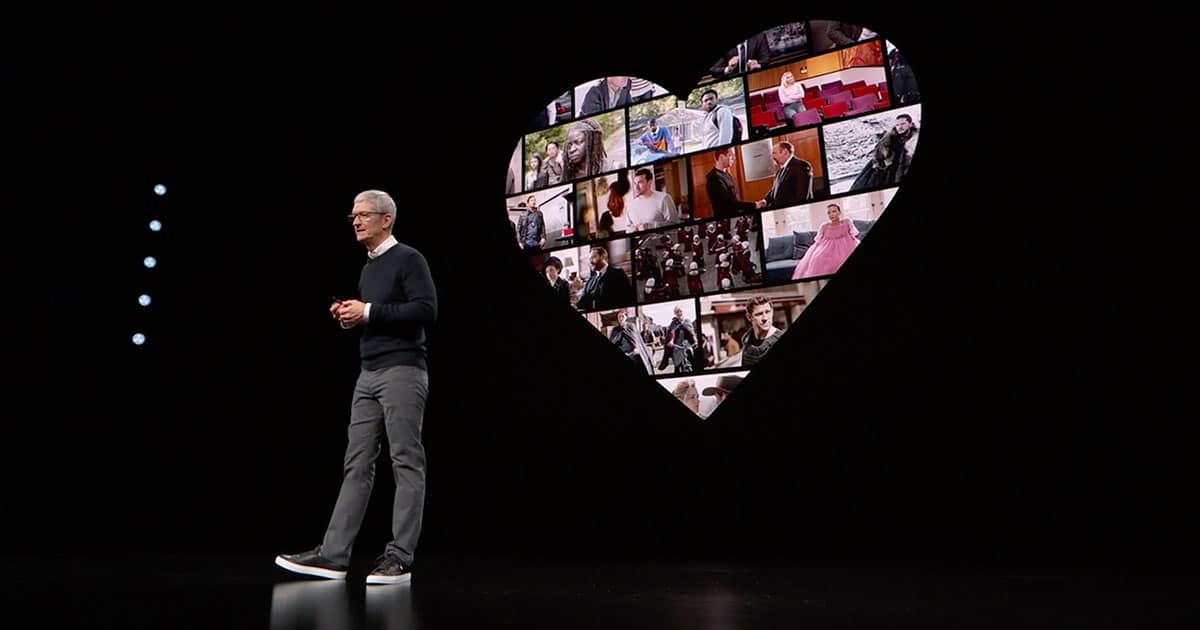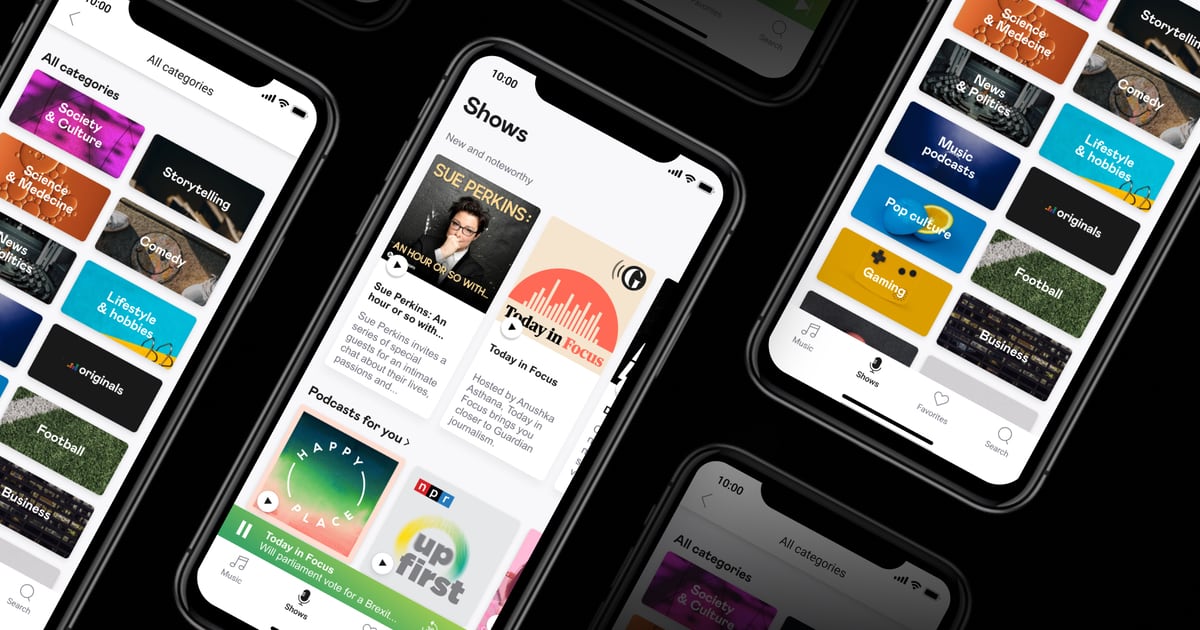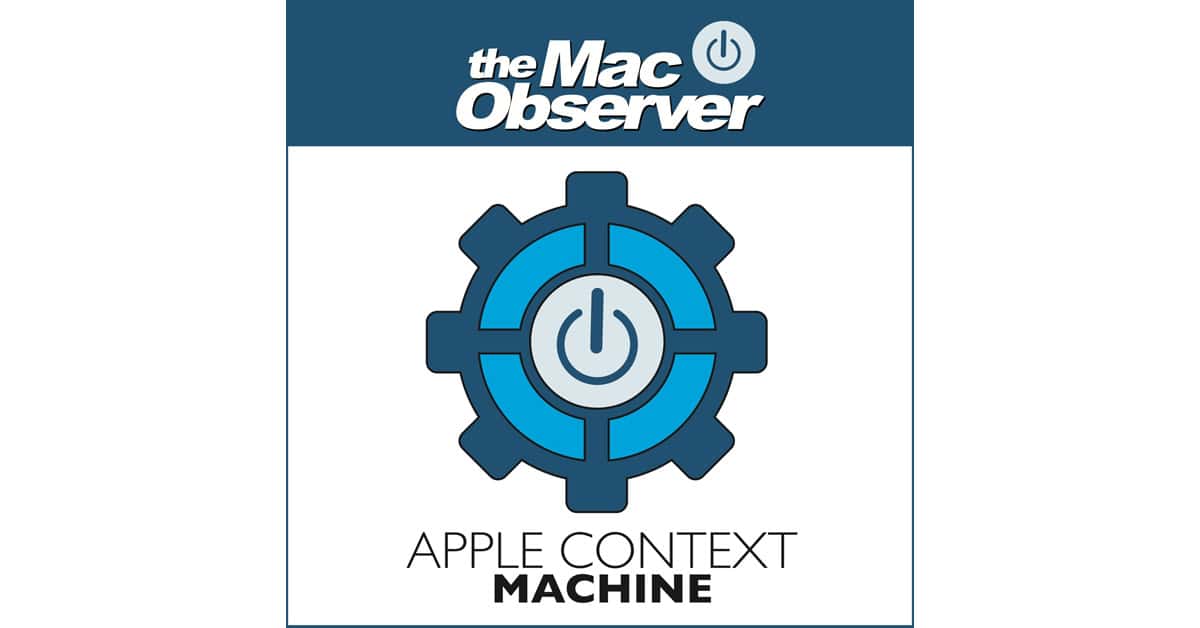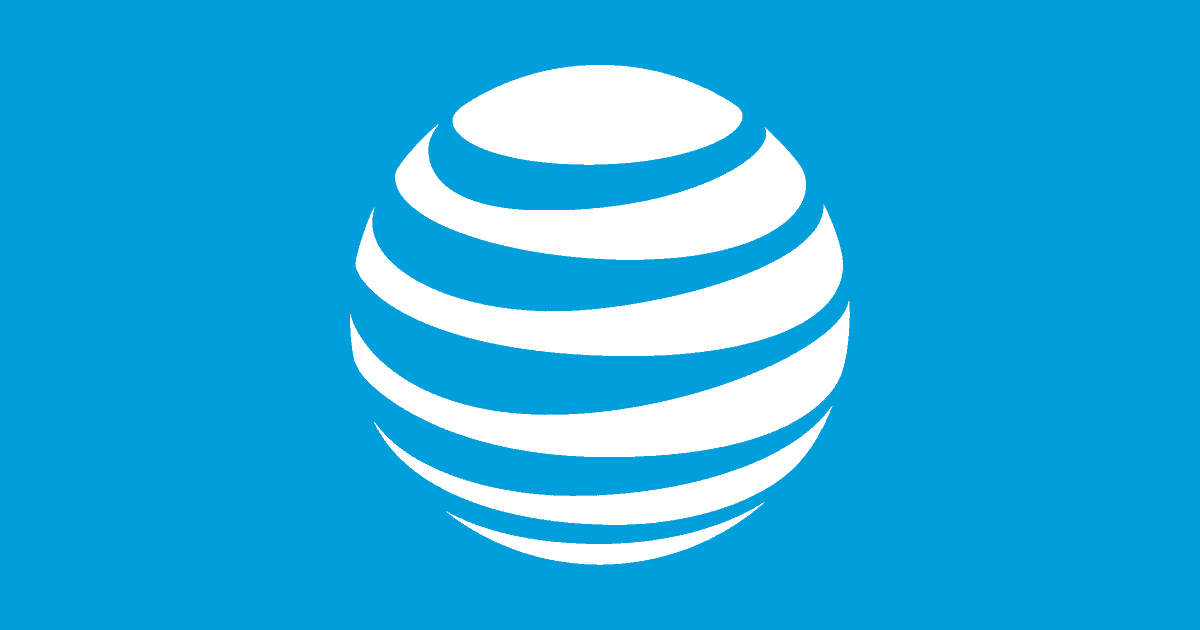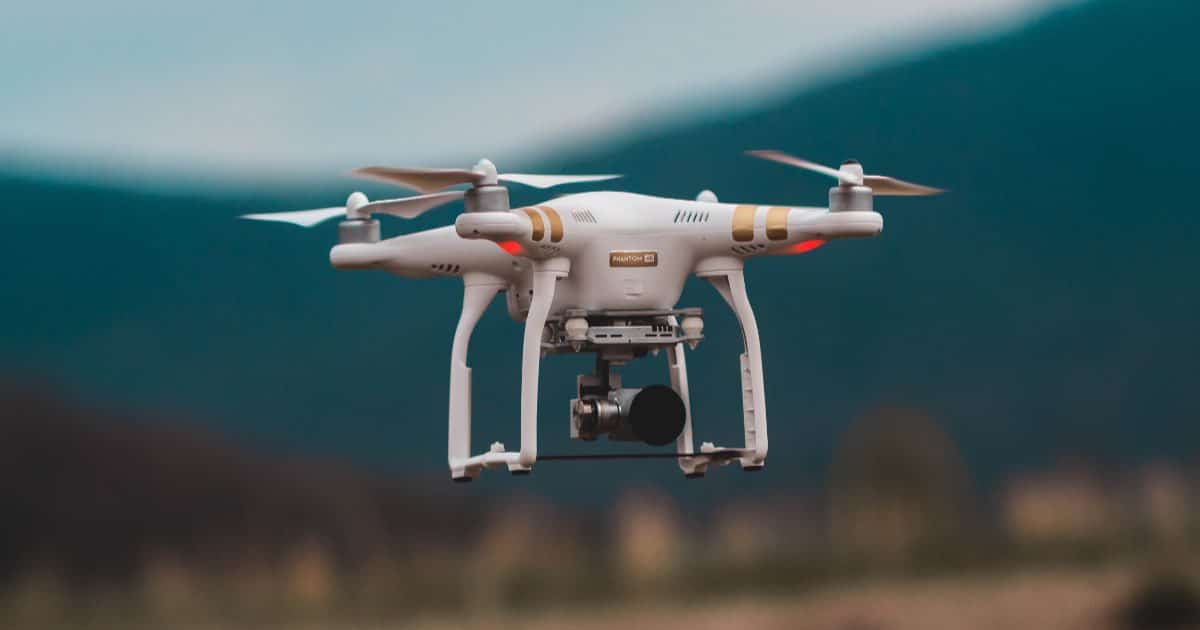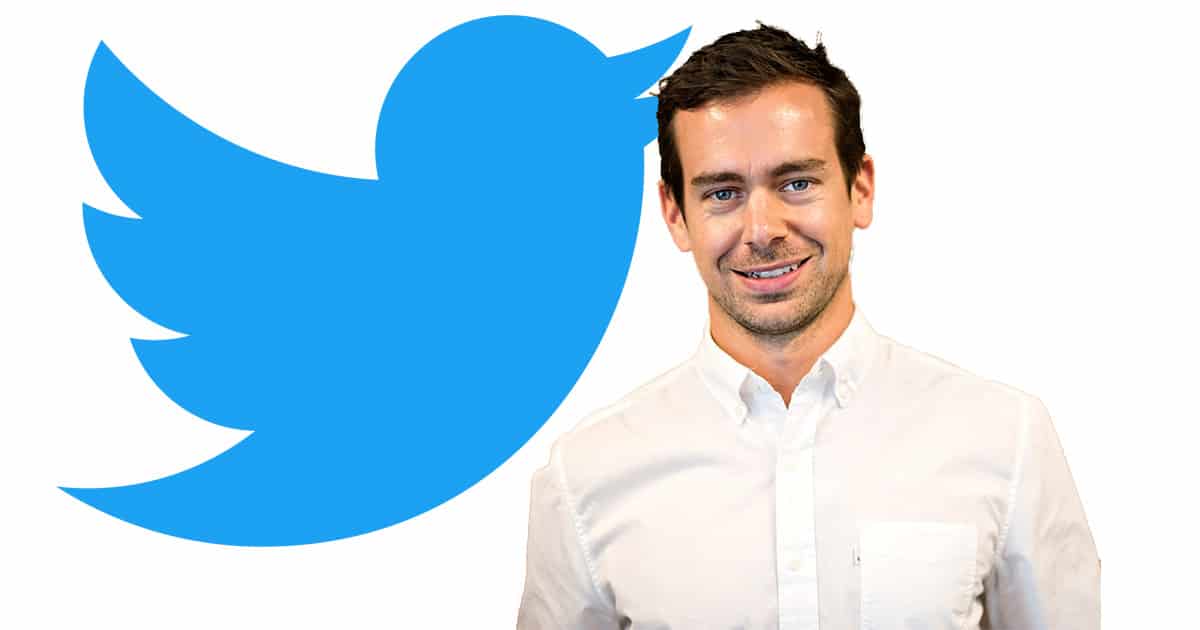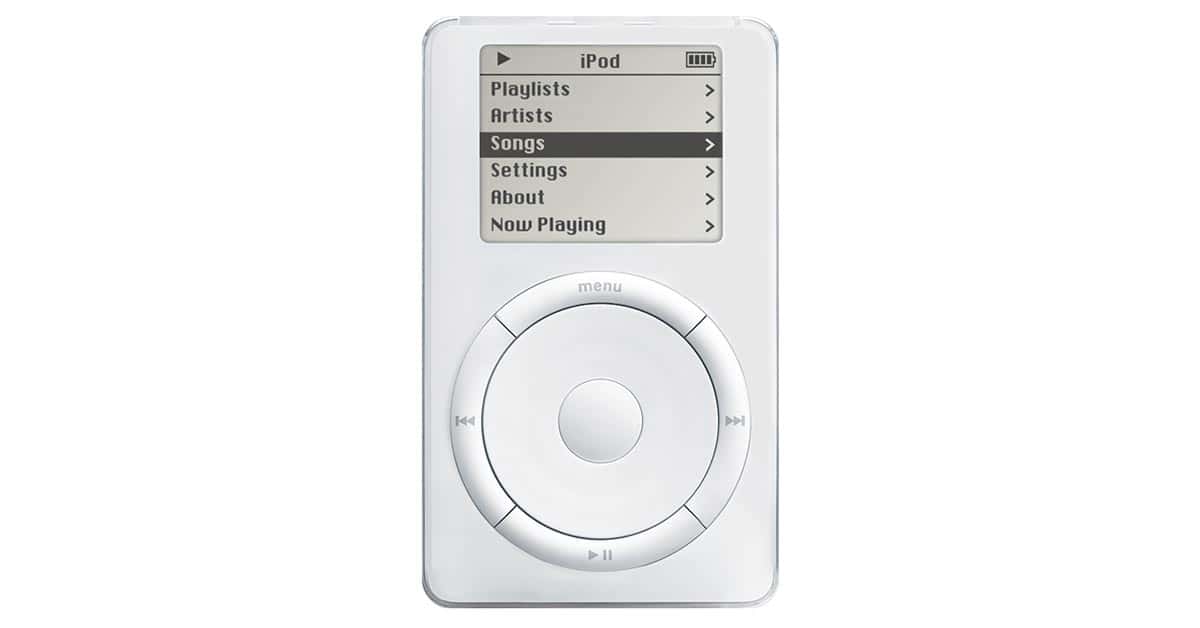Last week M. Night Shyamalan tweeted a couple of teasers for his Apple TV+ series called Servant. Today Apple uploaded a full trailer.
Apple Pay Netherlands Adds Support for Rabobank
Rabobank is the second-biggest bank in the Netherlands, leading in food and agriculture financing and sustainability-oriented banking.
Police Unveil Tape of Apple Store Robbery Worth $9k
Police in Tennessee released a surveillance tape that showed a major robbery in an Apple Store in Fraklin. In total, 17 Apple Watches worth $9k were stolen MacRumors reported.
Released surveillance footage shows the trio walking into the Apple Store in Franklin and then grabbing the Apple Watches from the display table. They were able to escape unimpeded. Police have asked anyone who recognizes the suspects seen on the surveillance video above to call Crime Stoppers. The phone number is (615) 794-4000. Apple Stores are regularly targeted by thieves. Seemingly every month, there is an incident in which criminals steal devices from stores. Often these are just snatch-and-grab robberies in which thieves grab as many display devices as they can and then bolt. Occasionally, as in this June at Valencia in California, thieves rob stores at gunpoint.
Apple Rebuilds Privacy Site With 'Everyday Apps Designed For Your Privacy'
Apple has rebuilt its privacy site to show off “everyday apps designed for your privacy.” They’re Apple’s own apps showing privacy features.
Apple Health Records Now Available for Veterans
Apple Health Records makes it easier for patients to view and manage their health records. It’s now available for all veterans today.
Facebook Says 100 App Developers Improperly Accessed Data From Groups
In another case of Facebook letting app developers access whatever data they want, 100 of them improperly accessed data from Groups despite Facebook claiming it restricted that access.
Today we are also reaching out to roughly 100 partners who may have accessed this information since we announced restrictions to the Groups API, although it’s likely that the number that actually did is smaller and decreased over time.
100 app developers you say? Why would 100,000 app developers do such a thing?
How Apple, Disney and Others Aim To Keep Streaming Subscribers
The streaming wars are getting ever more intense. Reuters published a good look at how all the various services, including Apple, aim to keep subscribers.
Besides spending millions of dollars on library content, media companies are using programming, promotions and other strategies to avoid cancellations, or “churn” in industry parlance, and retain subscribers who are costly to acquire and easy to lose. “Churning off of a service once meant finding the phone number of your cable operator, navigating an automated menu and waiting on hold,” said Rich Greenfield, an analyst at LightShed Partners. “We now live in a world where with a couple of clicks of your finger on your phone, all of the friction from cancellation is gone.” Disney is the only streaming provider that has used a multi-year promotion to lock in subscribers. In August, the company offered new and existing members of its D23 fan club an annual rate of $47 for a three-year commitment to Disney+ – 33% off the standard price.
Deezer Adds Non Music Content With New 'Shows' Tab on iOS
Deezer unveiled its new ‘Shows’ tab which will be home to a variety of non-music content such as podcasts and radio on its iOS app.
Social Media, Hands On with AirPods Pro, Apple Content Bundles, with John Kheit - ACM 524
John Kheit joins Bryan Chaffin to discuss social media, mob rule, and the 1st Amendment. Yikes! They also talk about their hands-on experience with AirPods Pro and look at Apple’s content pricing and whether or not the company is likely to offer more bundles for its content (spoiler: no!).
FTC Fines AT&T $60M for Throttling Unlimited Plans
AT&T will pay the Federal Trade Commission US$60 million for throttling unlimited plans without making it clear that would happen.
Photoshop for iOS, Apple's Real Estate Venture – TMO Daily Observations 2019-11-05
Andrew Orr and Bryan Chaffin join host Kelly Guimont to discuss Photoshop’s official iOS release and Apple’s new Bay Area real estate venture.
Google's OpenTitan aims to Create an Open Source Secure Enclave
Google wants Android phones to have a Secure Enclave chip like iPhones. Its OpenTitan project aims to help design an open source one.
OpenTitan is loosely based on a proprietary root-of-trust chip that Google uses in its Pixel 3 and 4 phones. But OpenTitan is its own chip architecture and extensive set of schematics developed by engineers at lowRISC, along with partners at ETH Zurich, G+D Mobile Security, Nuvoton Technology, Western Digital, and, of course, Google.
The consortium will use community feedback and contributions to develop and improve the industry-grade chip design, while lowRISC will manage the project and keep suggestions and proposed changes from going live haphazardly.
You can view the OpenTitan Github repo here, but it’s not fully fleshed out yet.
UK Brings in Mandatory Registration and Pilot Test For Drones
There is now a registration system and test for pilots in the UK following a number of high-profile incidents.
Video Editing on iOS/iPadOS with LumaFusion
Until recently, Dr. Mac did 100% of his video editing on his Mac, but he’s finally found an iOS/iPadOS app that is so good he’s doing more of his video editing on his iPad (and loving it).
ZeroLemon AmazingSound Portable Wireless Bluetooth Speaker: $19.99
We have a deal on the ZeroLemon AmazingSound portable wireless Bluetooth speaker. This speaker has an IPX4 rating, which means it is protected from splashing water, no matter the direction, and it supports Bluetooth 4.2. It’s $19.99 through our deal.
Apple Releases iOS 13.3 Developer Beta 1
Today Apple has released iOS 13.3 developer beta 1, as well as betas of iPadOS 13.3, watchOS 6.1.1, and tvOS 13.3.
Apple TV+ Brought Together 'Indomitable Pairing' of Reese Witherspoon and Jennifer Aniston
The latest cover in the media buzz around Apple TV+ is on Grazia, with a positive feature about Jennifer Aniston and Reese Witherspoon.
App Sale: Right Now Affinity Photo is just $9.99
Adobe recently released Photoshop on the iPad. If you’re not happy with it you might like to look at an alternative called Affinity Photo. Right now it’s 50% off at US$9.99, whereas after a 30-day trial Photoshop is US$9.99/mo.
Photo for iPad offers an incredibly fast, powerful and immersive experience whether you are at home, in the studio, or on the move. With meticulous attention to detail each tool, panel and control has been completely reimagined for touch. All rendering, adjustments, brushes and filters have been fully hardware accelerated using Metal. The result is an all-new way to interact with your images, with performance you will find hard to believe.
You Shouldn't Restart Your Computer if You Have a Virus
Security experts say that if your computer has been infected with malware you shouldn’t restart it, especially if you suspect ransomware.
A Closer Look at Xiaomi's Apple Watch-like Wearable
Xiaomi has unveiled a wearable called the Mi Watch that is eerily similar to the Apple Watch. Cult of Mac broke down some of its rather impressive features. However, it is currently only available in China.
The device, which starts at $185, runs a skinned version of Google Wear OS. This is packaged into a form factor with the familiar rectangular display, digital crown and pill-shaped button of the Apple Watch. In terms of tech spec, the Mi Watch reportedly boasts a 1.78-inch AMOLED display and 36-hour 570mAh battery. There’s also 1 GB of RAM, 8 GB of internal storage, and a Qualcomm Snapdragon Wear 3100 processor. In addition, users get NFC tech, Bluetooth, WiFi, eSim support, and a heart rate monitoring feature. Other health-tracking tech will include blood oxygen sensor, sleep and exercise tracking, “body energy monitoring” (whatever that is), and waterproofing for measuring your swims.
Jack Dorsey from TWITTER Mocks FACEBOOK New Branding
Twitter CEO Jack Dorsey does not seem to be that impressed by Facebook’s new branding. He sent a rather mocking tweet, Bloomberg News noticed.
Twitter CEO Jack Dorsey poked a bit of fun at Facebook Tuesday morning by seemingly imitating the new “Instagram from Facebook” and “WhatsApp from Facebook” branding.
Facebook unveiled the new branding Monday that aims to make the Facebook brand recognizable in the products it owns.
How Apple's Success Changed an OS Myth
A great feature on AppleInsider tracked Apple’s dramatic rise. It also showed how that rise helped counter the myth that the OS platform was the only important factor in picking who won the tech wars.
Apple somehow regained market power and began selling new volumes of Macs, assisted by the support of new sales of mobile devices. That dramatic shift, which resulted in Apple completely turning the tables on Microsoft, began in less than a decade after Windows 95. In the early 2000s, Apple’s iPod made an appearance that many discounted as irrelevant. Just as Windows 95 couldn’t immediately compete in Apple’s core markets, iPod similarly wasn’t competing with Microsoft’s bread and butter Windows PCs; instead, it was opening up a new market for very personal mobile devices, with media features and prices Microsoft and its licensees were unprepared to match. By 2004 iPod had trampled Microsoft’s Windows Media Player and PlaysForSure “Portable Media Player” platforms. Three years later iPhone similarly crushed global Windows Mobile handsets almost immediately out of the gate. Three years after that, the iPad not only crushed the emergence of Windows Tablet PCs and netbooks but also destroyed any future growth of PC sales.
Like an Addict Facebook is Chasing Even More of Our Data, Now With Facial Scans
Researcher Jane Manchun Wong found that Facebook is working on facial scans called “facial recognition-based identity verification.” It would ask users to upload a selfie of them looking in different directions before they can access their account.
On that same screen and later in the actual video selfie process, Facebook notes that “no one else will see” the video selfie you submit to them and says the video will be “deleted 30 days after your identity is confirmed.”
Deleted after 30 days. Based on Facebook’s past actions we can safely assume it will do the exact opposite. There’s not much room for giving them the benefit of the doubt.
Bernie Sanders Criticizes Apple's California Housing Plan
Bernie Sanders is criticizing Apple’s US$2.5 billion California housing plan, saying the tech giant helped create the housing crisis.
